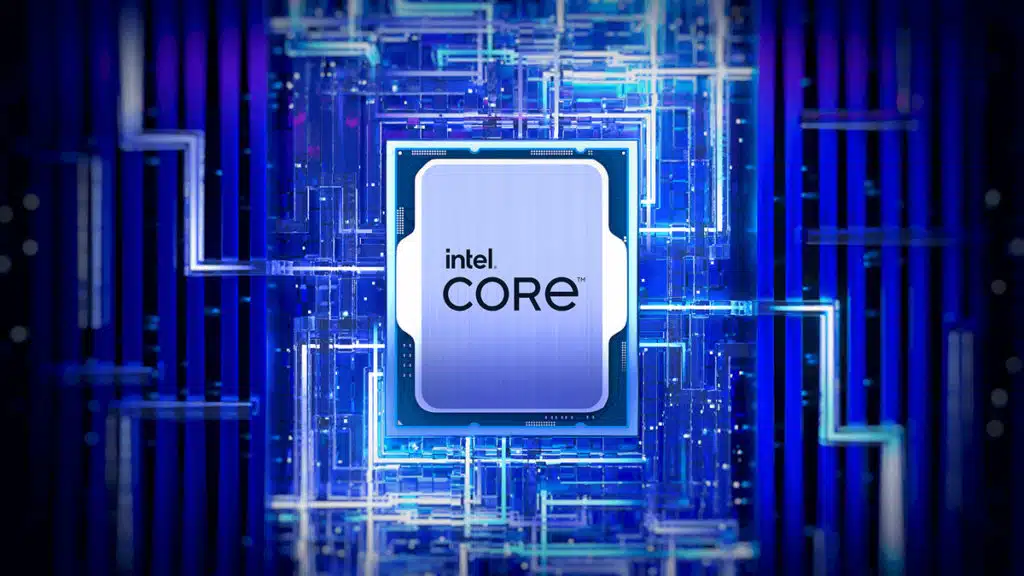Arrow Lake-S, Intel’s upcoming generation of “Core Ultra” desktop CPUs, may serve as a new challenge for Intel’s marketing department, according to new rumors shared on China’s Weibo forums recently that suggest the new flagship, the Core Ultra 9 285K, will launch with lower clock speeds to avoid the stability issues that some 13th and 14th Gen Intel Core users have been complaining about over the last few months. The Core i9-14900K, Intel’s current, non-special-edition flagship, features a maximum turbo frequency of 6 GHz, but the Ultra 9 285K is expected to launch with a lower number on its spec sheet, with some speculating a reduced max turbo frequency of anywhere from 5.3 to 5.5 GHz.
Intel’s max turbo frequencies compared:
- Core Ultra 9 285K: 5.30–5.50 GHz (speculated)
- Core i9-14900KS: 6.20 GHz
- Core i9-14900K: 6.00 GHz
- Core i9-13900KS: 6.00 GHz
- Core i9-13900K: 5.80 GHz
- Core i9-12900KS: 5.50 GHz
- Core i9-12900K: 5.20 GHz
Some of the claims from Weibo’s “wxya,” translated:
- “The biggest sin of Raptor Lake is that the single-core frequency is raised too high.”
- “From 12900K to 14900K, the single-core frequency is raised by 15%, which is very unfriendly to its own stability and next-generation products.”
- “Arrow Lake’s single-core frequency is already higher than that of Alder Lake. The starting price is a bit higher, but in comparison, it is actually not very high.”
- “…the single-core performance of 285K may not be 12% higher than that of 14900KS…”
The full word from “wxya”:
Intel on its latest special-edition flagship:
The unlocked i9-14900KS processor pushes the Intel Core 14th Gen desktop processor family to its fastest speeds yet – building on last year’s industry-first 6.0 GHz Core i9-13900KS. In addition to record-breaking frequencies, the i9-14900KS boasts 24 cores/32 threads and 36 megabytes (MB) of Intel Smart Cache for powerful performance in gaming and content creation workloads that desktop enthusiasts expect from Intel’s latest-gen desktop processors.


